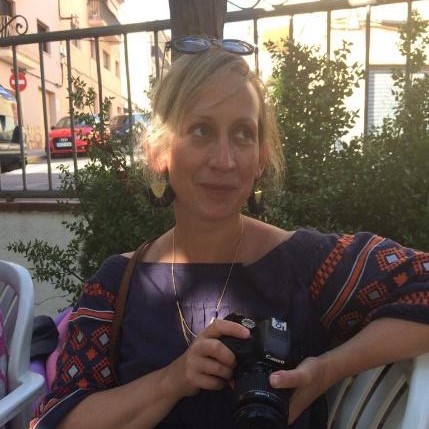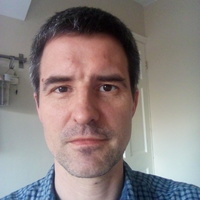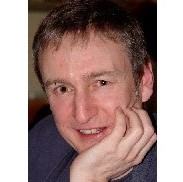
De-mystifying data analysis (rearranged from Nov 2019)
Organised by the Education, Childhood and Youth (ECY) Pathway
Feeling unsure about analysing your data? Three ‘hands-on’ workshops will encourage you to ‘have a go’ at questionnaire, visual images and Q-methodology approaches to data analysis, under guidance. Experts will introduce you to advanced procedures to help you to:
- build your skill-set and confidence
- select the most appropriate analytical approach
- develop critical capacity when reviewing studies and
- look forward with joy and excitement to analysing your own data!
Please note that the face-to-face workshop has now sold out (25 spaces in total), and there are 15 places available on the webinar (25 spaces in total). Once places are full, if you wish to be added to the waiting list for this training in the event of cancellations, please contact Louise Todd via training@wrdtp.ac.uk
Course and Workshop Leaders

'My research interest is curriculum studies, education policy and globalisation and most of my teaching focuses on these areas. I teach across the different levels of the School programme portfolio, including a module called ‘Critical Curriculum Studies’ (BA Education, Culture and Childhood first year); ‘Internationalising Curriculum, Pedagogy and Assessment’ on the full-time MA Globalising Education programme to EdD and PhD programmes. I research the language of curriculum texts (policies, textbooks, lesson plans, classroom resources and students´ work) how it is interpreted and enacted in educational institutions. I investigate and how educational ideas may be rethought, revitalised and enacted in a fair way. I am interested in the nature of knowledge, how it is produced, transformed and promoted through school subjects; the relationships between curriculum policies and curriculum practices and how curriculum influences the identity of students, parents/carers and teachers.'

She is currently co-editing a book for Multilingual Matters ‘Translanguaging as transformation: The collaborative construction of new linguistic realities’ which will be published in 2020. She co-convenes the AILA Research Network for Creative Inquiry and Applied Linguistics.


Programme
9.30am – 10.00am
Welcome refreshments: coffee/tea
10.00am – 10.20am
Welcome and Introduction
Dr Christine Winter
10.20am – 12.00pm
Workshop 1: Questionnaire Analysis
Dr Henning Holle
12.00pm – 12.30pm
Lunch
12.30pm – 2.00pm
Workshop 2: Visual Image Analysis
Dr Jessica Bradley
2.00pm – 2.20pm
Refreshment Break
2.20pm – 3.50pm
Workshop 3: Q-Methodology
Dr Martin Hughes
3.50pm – 4.10pm
Plenary
Expected learning outcomes
Visual analysis:
- understand different analytical processes for attending to the visual in educational research
- hands-on application of visual arts methods to analyse images to explore young people’s engagement and understanding of language diversity https://www.sheffield.ac.uk/education/research/projects/multilingualstreets
- understand how these analytical processes might be applied to wider research
Questionnaire analysis:
- theoretical introduction to questionnaire design and analysis
- hands-on training in how to analyse questionnaire data, using an intuitive visual approach
Q-methodology:
- understand Q’s key concepts
- hands-on application of Q-methodology to the example of data about post-graduate views of teaching and learning
- understand the rudiments of analysis and interpretation in Q
- how to develop skills further through supportive material
This training event has been organised for students whose research aligns with the Education, Childhood and Youth (ECY) Pathway
PhD and EdD research students are welcome to participate.
Please note, students are responsible for arranging transport to and from Pathway Training events. The WRDTP cannot reimburse students for any travel or subsistence costs incurred by attending this event.








